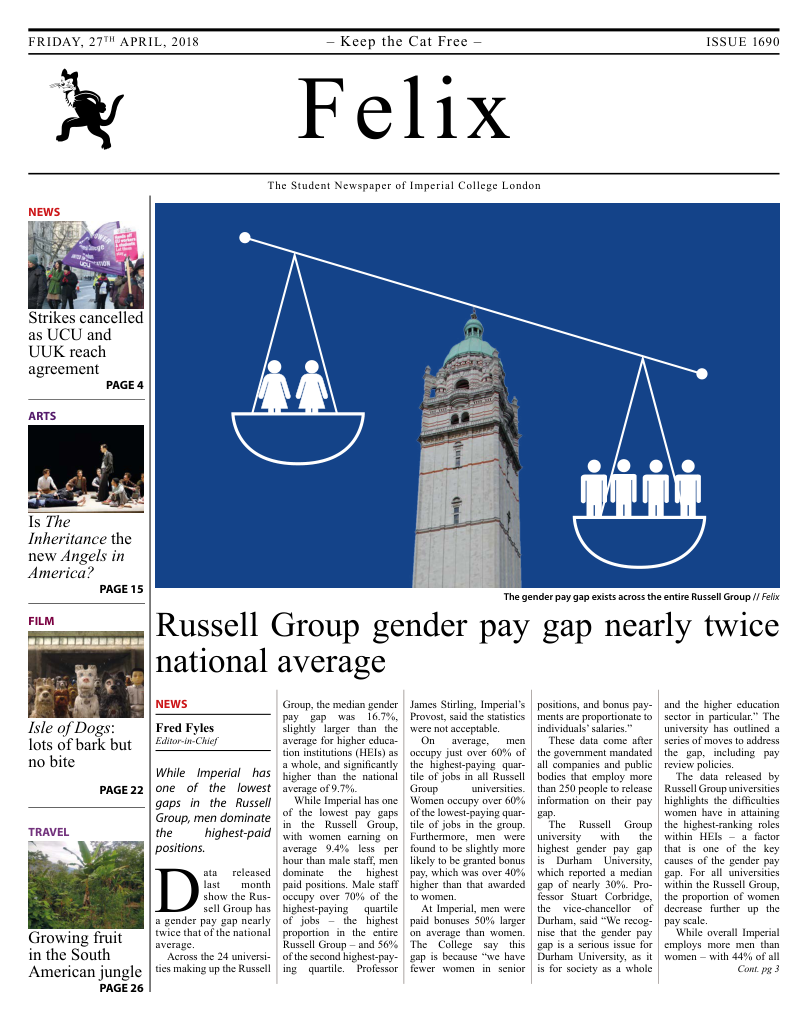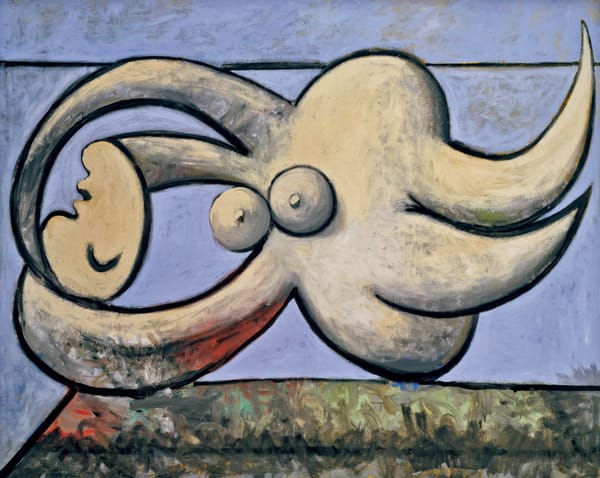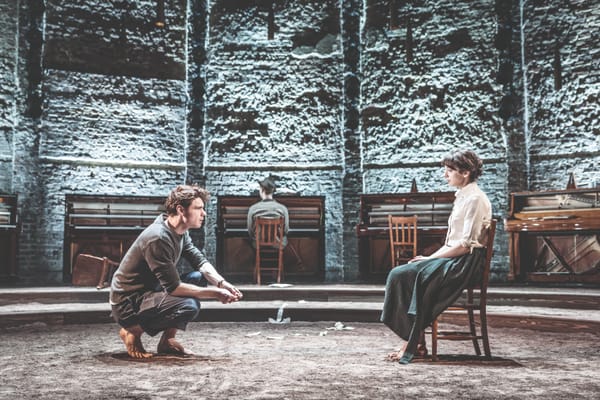The Inheritance: the new Angels in America?
Matthew Lopez’ reimagining of Howard’s End attempts to be present a grand unified theory of what it means to be gay in America today.

E .M. Forster’s 1910 novel Howard’s End is a tale of Dickensian proportions about the dangers of materialism, and the importance of the responsibilities we owe each other. In it, the altruistic Schlegel siblings clash with the wealthy Wilcoxes: properties are bequeathed in secret; orphans become heirs; misjudged moments of violence and others of well-intentioned kindness lead to tragedy; the formerly miserly, selfish, and cruel see the error of their ways. It is a quintessential turn-of-the-century romp, but it holds a kernel of universality that has rung true decades after its initial publication, leading to numerous screen and stage adaptations. Of these the 1989 film adaptation starring Emma Thompson remains the most acclaimed. It was this production that playwright Matthew Lopez saw as a teen: he was transfixed. The novel would go on to have a profound effect on the young Lopez – a young gay man growing up in the small town, to whom it seemed E.M. Forster, himself closeted, was a directly speaking.
His new play, The Inheritance, is Lopez’ homage to the novel and the author who meant so much to him growing up. In this sprawling two part work that cumulatively is more than six hours long, Lopez reimagines the characters of Howard’s End as gay men living in contemporary New York. The eldest Schlegel sister becomes Eric Glass (Kyle Soller), a kind-hearted and thoughtful lawyer who is soon to be evicted from the only home he’s ever known; his ambitious and insecure boyfriend is Toby (Andrew Burnap) who is writing a play. Their chance encounter with Adam (Samuel H Levine), a charismatic young actor who upturns their lives, eventually leads Eric and Toby to part ways. When this relationship implodes, Eric is drawn to the wealthy real estate developer Henry Wilcox (John Benjamin Hickey) whose partner of many decades, Walter (Paul Hilton) has just died. Henry and Eric’s burgeoning relationship, balanced on the cusp of friendship and romance, is the fulcrum around which the drama of the second act revolves.
“The action unfolds with soapy flourishes; it is immensely watchable”
An added conceit is that these characters are performing the play within a play: they have been conjured up by a young university student, Jasper, who is led by Morgan (Paul Hilton) – a thinly veiled Forster who shifts the narrative at intervals to probe further into a character’s motives, or to offers pearls of wisdom.
In collecting a group of characters that represent both the past and present Lopez attempts to construct a grand unified theory what it means to be a gay man in America today. In this regard, The Inheritance attempts to be a successor to the great gay American plays of the 20th century: Angels in America and The Normal Heart. Conceptually it is a melding of the two: epic in scope, like Angels, with just a hint of magical realism, and a generous dose of philosophizing for good measure; while also domestic like The Normal Heart, less angry perhaps, but just as specific. It is a shame then that The Inheritance never quite measures up to either.
When dealing with the main elements of the plot, Lopez is excellent, and the action unfolds with soapy flourishes. The cast, all immensely capable, with Burnap as its most charismatic star, are cheered (and sometimes, jeered) on by the audience. Although immensely long, the play, like the gossipiest of Netflix dramas, is immensely watchable. When it comes to the politics, however, the play flags. The normally chirpy dialogue dissolves into stifled prose. In these awkward scenes the characters that elsewhere seem so vital and fully realised lose their voices, collapsing into two-dimensional vehicles for Lopez’ proletizing. Paul Hilton alone is able to carry the weight of the words and make them his own; as a result, Hilton is wonderful throughout, delivering his performance with understated grace.
“Paul Hilton is wonderful throughout, delivering his performance with understated grace”
The direction by Stephen Daldry, supported by Bob Crowley’s fantastic design and Jon Clark’s lighting is similarly understated – but, in moments, transcendent. In one particularly memorable, incredibly moving scene, Eric visits Walter’s home to find the place haunted. The ghosts of the young men who came there to die as the city was ravaged by the AIDS crisis descend from the Circle. In their dozens, actors scramble over the mesmerised audience, greeting each other and Eric as they reach the stage that becomes suffused with golden light.
There are a couple of other such truly beautiful scenes but more often than not these are undermined by Lopez’s unfortunate tendency to over-egg his writing and compulsively add just another phrase to underscore how emotional a scene truly is. Once or twice this can be excused but by the second half I wanted to climb on stage and clap my hand over the mouths of the actors, and implore them to please hold their lines, to let a moment simply be.
Lopez’ ambition is impressive but The Inheritance ’s desperation to be capital-I-Important is conspicuously effortful. It would’ve benefited from a ruthless edit, I wish more than anything that he had crafted this work with more trust in his audience and understood the power of a well placed pause.
This is the world premiere and previews were rife with script changes, but we can but hope that Lopez finds it within himself to pare down this gargantuan work – consider it as knocking the edges of an uncut diamond, the brilliance is in there, the light just needs to get in.
3.5 Stars
Where? The Young Vic When? 2nd March – 19th May How Much? from £10







